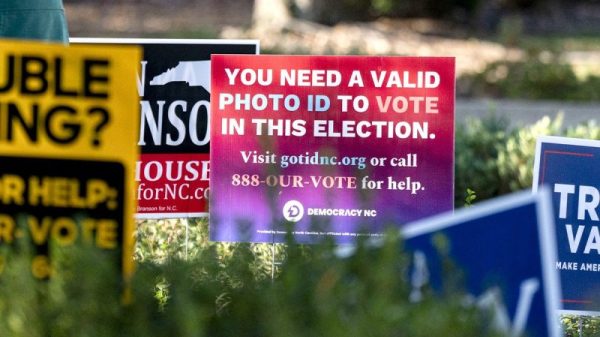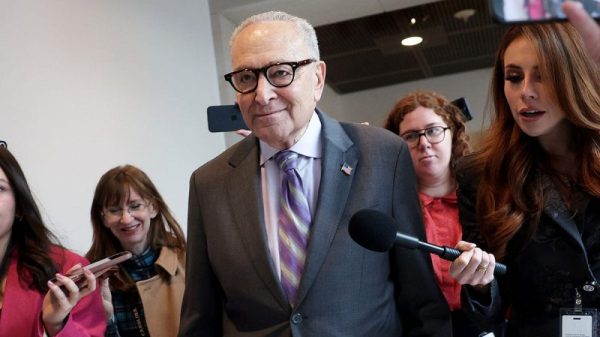December 16th marks the 250th anniversary of the Boston Tea Party. The British cracked down on Bostonians as a punishment for this political demonstration, which in turn became the spark of the American Revolution. One of the main revolutionary demands, “No Taxation without Representation,” became a rallying cry of concerned subjects-who-would-be-citizens against government overreach and abuse throughout the colonies, and later, the nation. This phrase inspired suffragists and working migrants to demand their legitimate right to vote. The Tea Party Movement sought to turn this slogan into a reality by demanding tax cuts and less spending from the federal government. Many of Washington DC’s citizens today display this phrase on license plates to remind the nation that, though citizens, they have no representation in Congress. Beyond taxation and representation, however, the most famous American revolutionary statement enshrines the principles of limited government and individual freedom.
The Boston Tea Party did not simply escalate into a continental war, as it was more than a simple tax revolt. In fact, the real trigger of the American Revolution was the punishment for the Tea Party. As citizens of the British Empire, colonial Americans saw themselves as equals to their fellow Englishmen in the mother country. With “No Taxation without Representation,” they did not want to instill a desire for independence in the colonies. Bostonians refused to pay a direct tax on their economic activity, tea trading, just to fund the military debts and goals of the Parliament. They demanded representation in the British Parliament to be able to have a voice on any taxes that would prey on their income.
In the aftermath of the demonstration, Bostonians faced retribution from across the Atlantic. The British shut down the port of Boston, effectively banning all trade. The British also suspended the colony’s foundational right to self-government by closing its legislature. These, the first two of the so-called Intolerable Acts of 1774, punished thousands to target the small group of individuals responsible for the Tea Party. This is the true origin of the Revolution: All thirteen colonies united against the emerging tyranny over one of them, not simply to stop paying taxes.
The American Revolution gave birth to a new political system that focused on issues beyond taxes and representation. The Constitution of the United States, the foundational document that created the new government, prohibited the taxation of income until the Sixteenth Amendment passed in 1913. The American Constitution also created the most stable representative government of its time by designing an elected executive branch and a bicameral legislature.
The biggest achievement of the Framers, who drew inspiration from the Boston Tea Party’s slogan itself, was limited government. The Founding Fathers wanted more than just a new government. They strove to design a national authority powerful enough to unite the colonies, while at the same time preventing that government from becoming tyrannical. The American Constitution struck a balance between an oppressive British government and the weak Articles of Confederation, the United States’ first constitution after independence. Separation of powers prevented previous abuses, federalism guaranteed local self-government, and checks and balances ensured no branch of government could exceed its constitutionally granted power. This design created a limited government that allowed society to prosper with institutions that respected individual rights.
250 years later, remembering the deeper implications of “No Taxation without Representation” is of paramount importance. Colonial Bostonians did not refuse to pay taxes altogether, but demanded a voice in expressing their consent to these measures. After all, even a limited government needs funding through taxes, and the Revolutionaries knew as much.
The United States has become a more perfect union, ensuring representation and citizenship for previously disenfranchised individuals. Even a representative government, though, is not entitled to openly, or covertly, tax, regulate, or limit lawful, private activities, regardless of whether a majority of representatives and their constituents agree. The Constitution demands the protection of minority rights, as each individual is fully sovereign even if he is outvoted. Despite representation, the principle of limited government must prevail.





































